
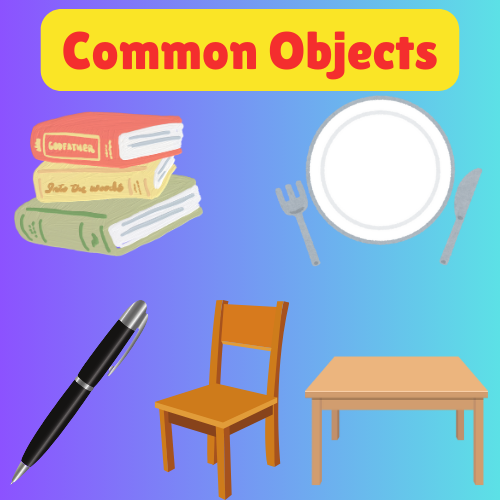
Welcome to our beginner English lesson on common objects! Knowing the names of everyday objects is essential for describing your environment and daily activities. In this lesson, you will learn about common objects found in everyday life. These objects are things we encounter and use regularly. Let's get started!
Lesson Content:
Introduction to Common Objects:
In this lesson, you will learn about common objects found in everyday life. These objects are things we encounter and use regularly.
Common Objects:
Chair: A piece of furniture for sitting. Example: I sit on a chair at the dining table.
Table: A piece of furniture with a flat top and legs. Example: We eat dinner at the table.
Book: A set of written or printed pages bound together. Example: She reads a book every night.
Pen: A writing instrument that uses ink. Example: He writes with a blue pen.
Phone: A device used for communication. Example: I call my friends on my phone.
Laptop: A portable computer. Example: She uses her laptop for work.
Television: A device for watching shows and movies. Example: They watch the news on television.
Cup: A small container for drinking liquids. Example: He drinks coffee from a cup.
Bag: A container used for carrying items. Example: She carries her books in a bag.
Lamp: A device that produces light. Example: I read by the light of a lamp.
Exercises and Activities:
Practice Common Objects Vocabulary:
Repeat the names of the objects.
Write sentences using each object name (I read a book. She drinks from a cup. etc).
Welcome to our beginner English lesson on common objects! Knowing the names of everyday objects is essential for describing your environment and daily activities.
In this lesson, you will learn about common objects found in everyday life.
These objects are things we encounter and use regularly.
Let's get started! Lesson Content: Introduction to Common Objects: In this lesson, you will learn about common objects found in everyday life.
These objects are things we encounter and use regularly.
Common Objects: Chair: A piece of furniture for sitting.
Example: I sit on a chair at the dining table.
Table: A piece of furniture with a flat top and legs.
Example: We eat dinner at the table.
Book: A set of written or printed pages bound together.
Example: She reads a book every night.
Pen: A writing instrument that uses ink.
Example: He writes with a blue pen.
Phone: A device used for communication.
Example: I call my friends on my phone.
Laptop: A portable computer.
Example: She uses her laptop for work.
Television: A device for watching shows and movies.
Example: They watch the news on television.
Cup: A small container for drinking liquids.
Example: He drinks coffee from a cup.
Bag: A container used for carrying items.
Example: She carries her books in a bag.
Lamp: A device that produces light.
Example: I read by the light of a lamp.
Exercises and Activities: Practice Common Objects Vocabulary: Repeat the names of the objects.
Write sentences using each object name (I read a book.
She drinks from a cup.
etc).
|
|
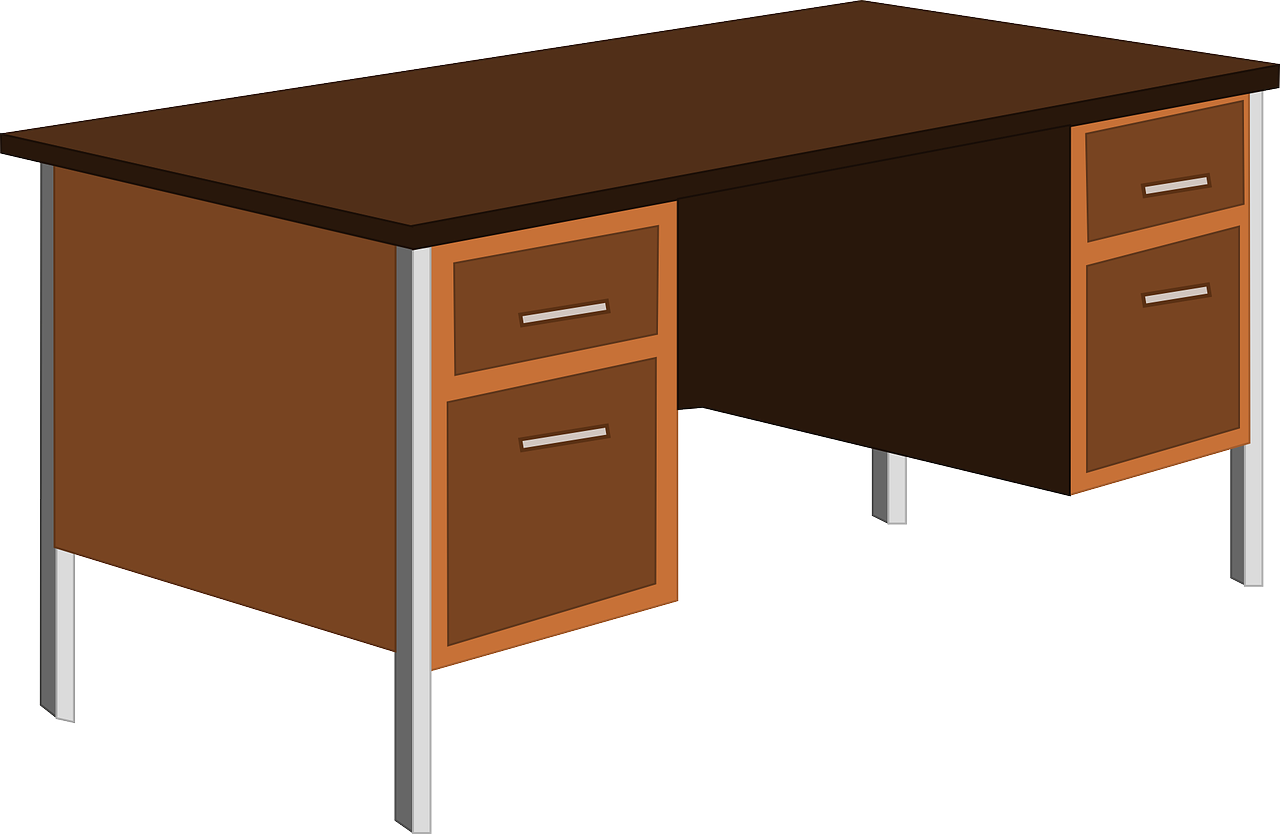
TableTable |
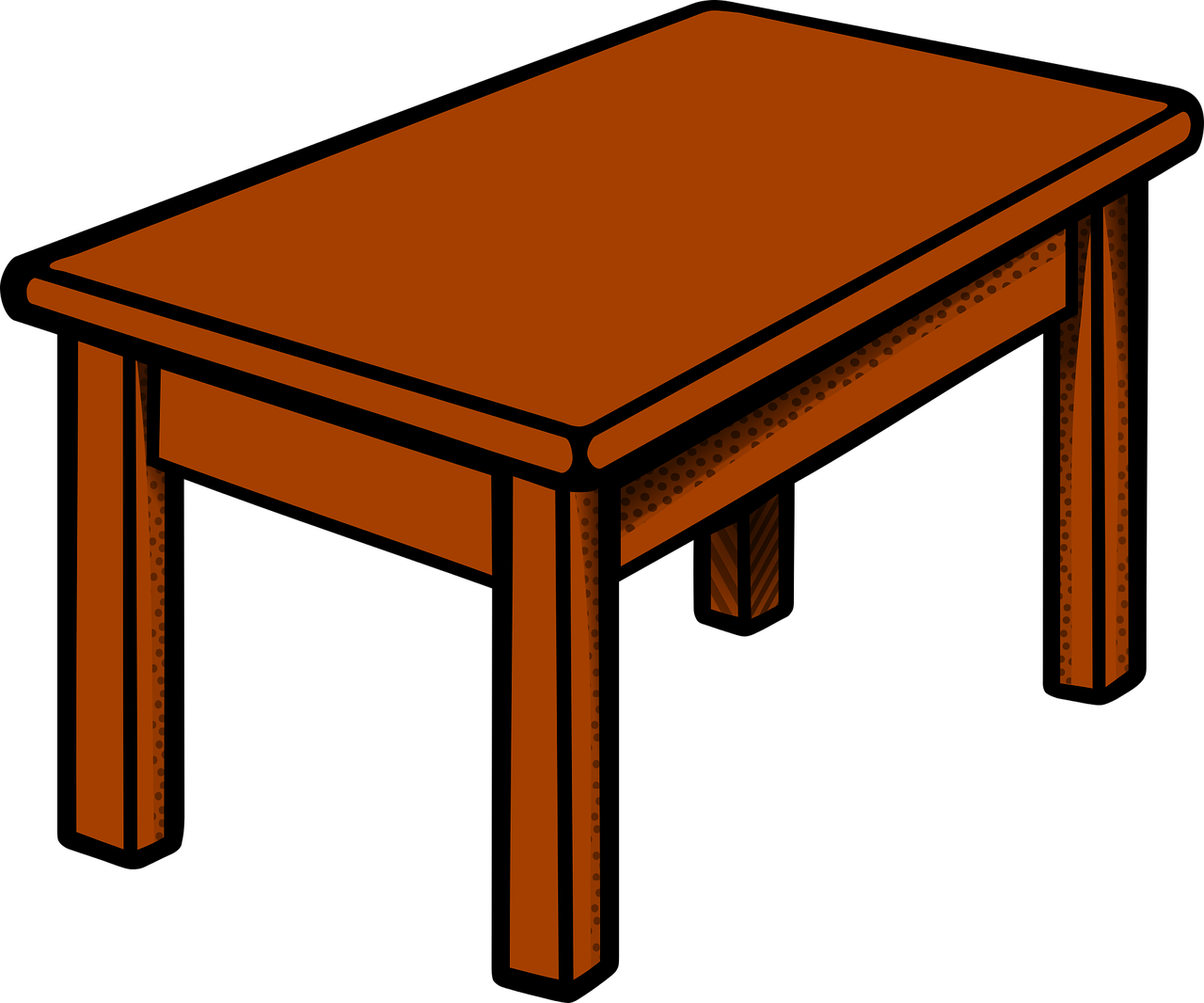
The table is made of wood.The table is made of wood. |
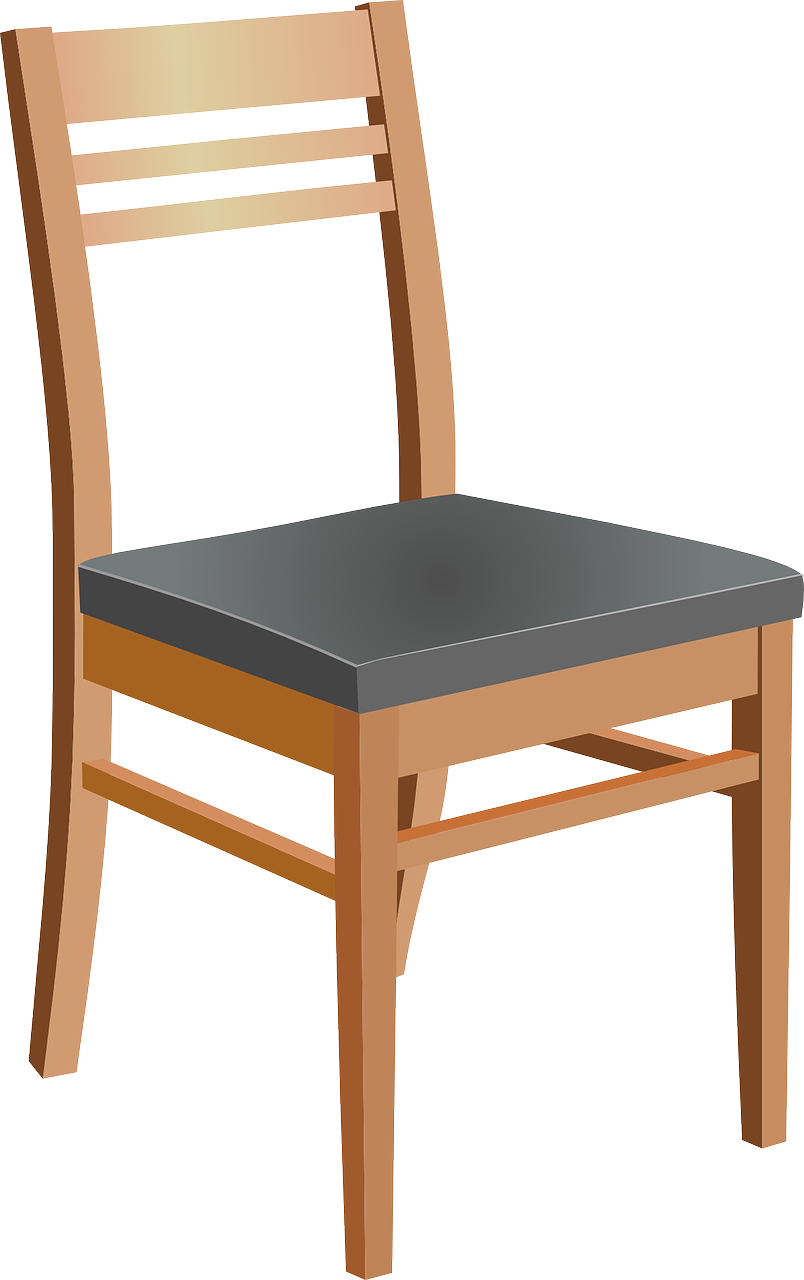
ChairChair |

She sits on the chair.She sits on the chair. |

BookBook |
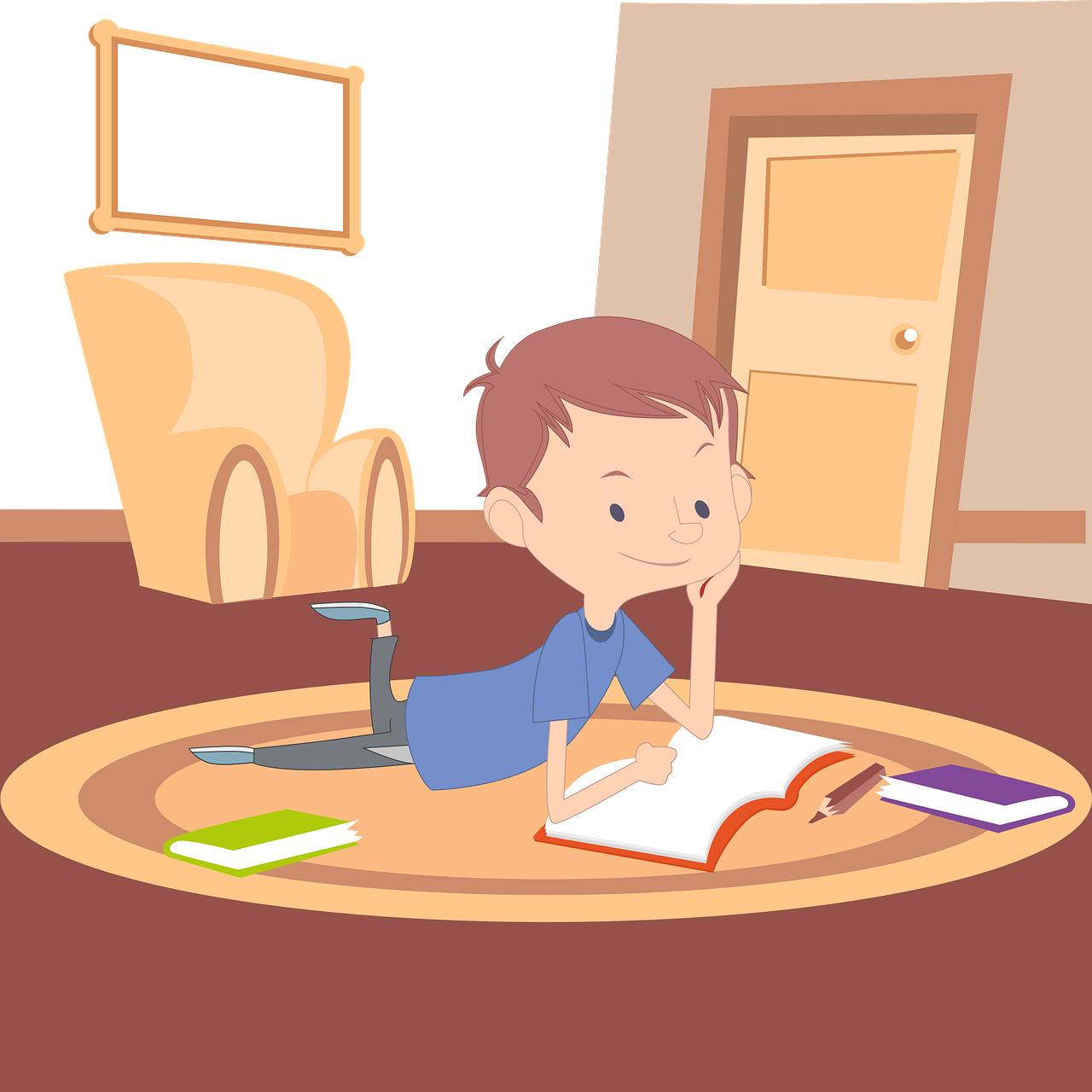
He reads a book.He reads a book. |
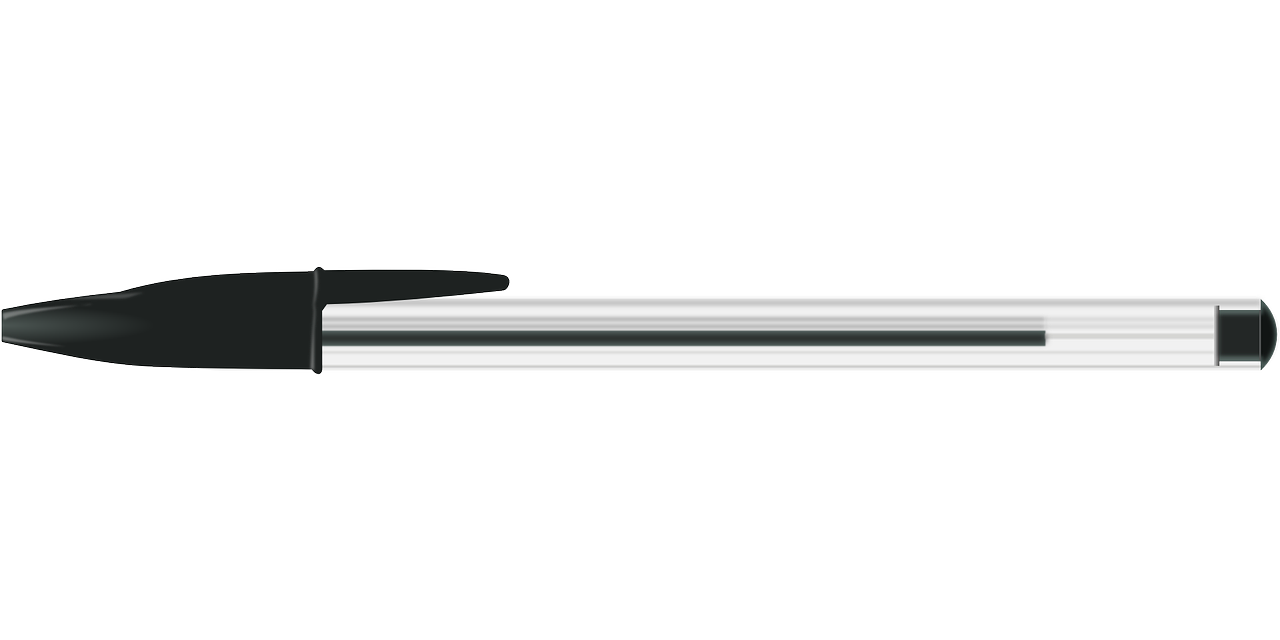
PenPen |
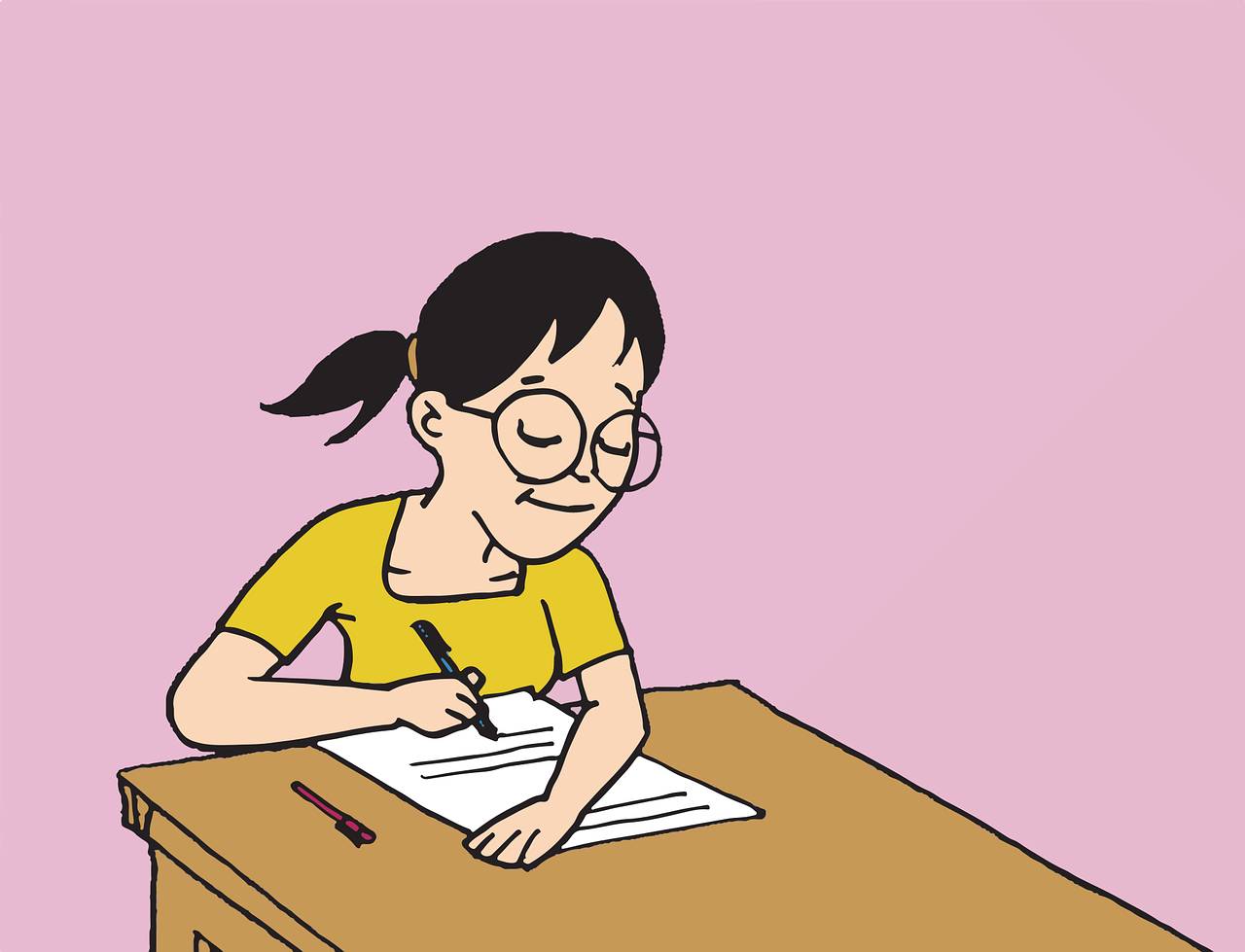
She writes with a pen.She writes with a pen. |
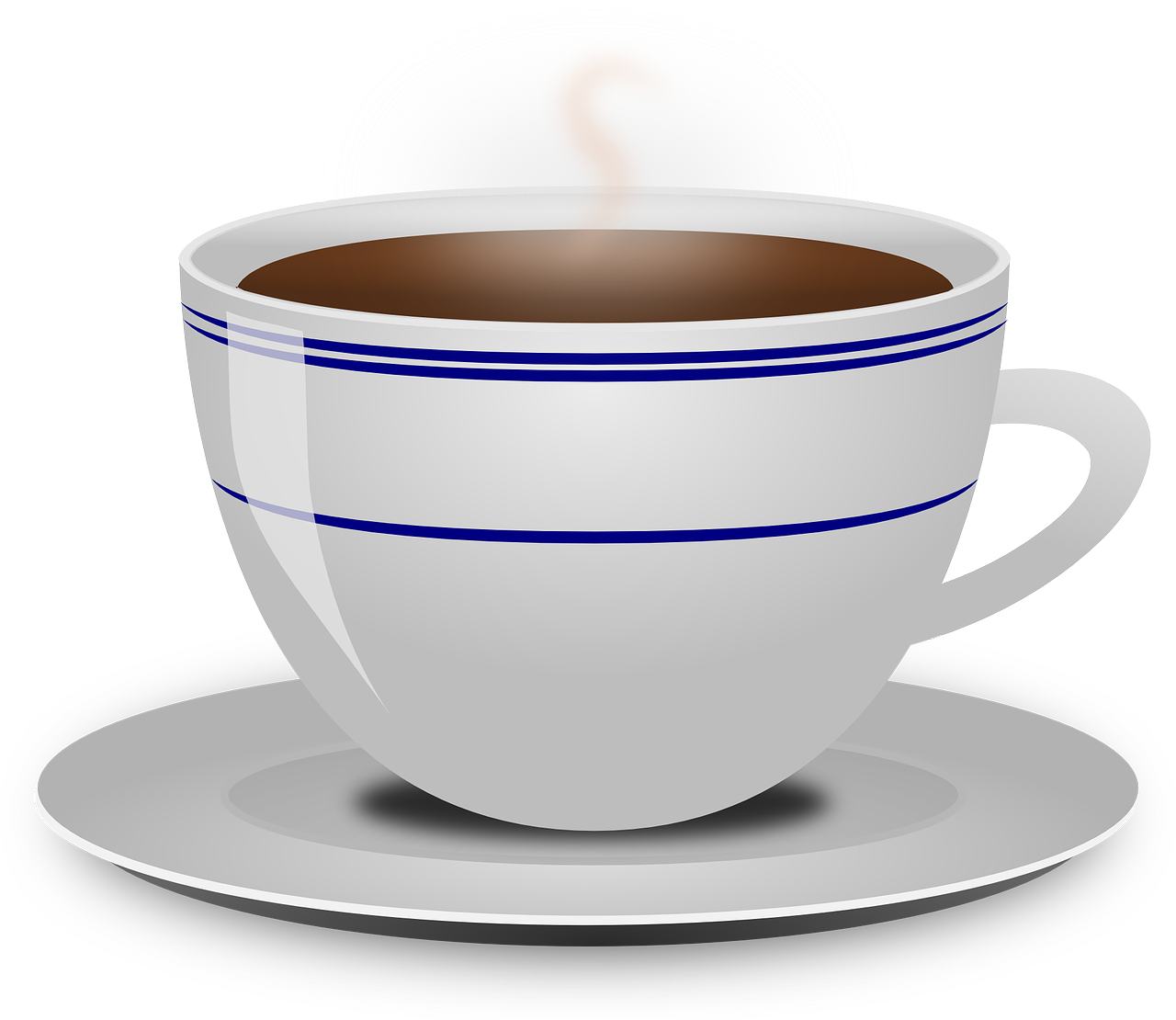
CupCup |
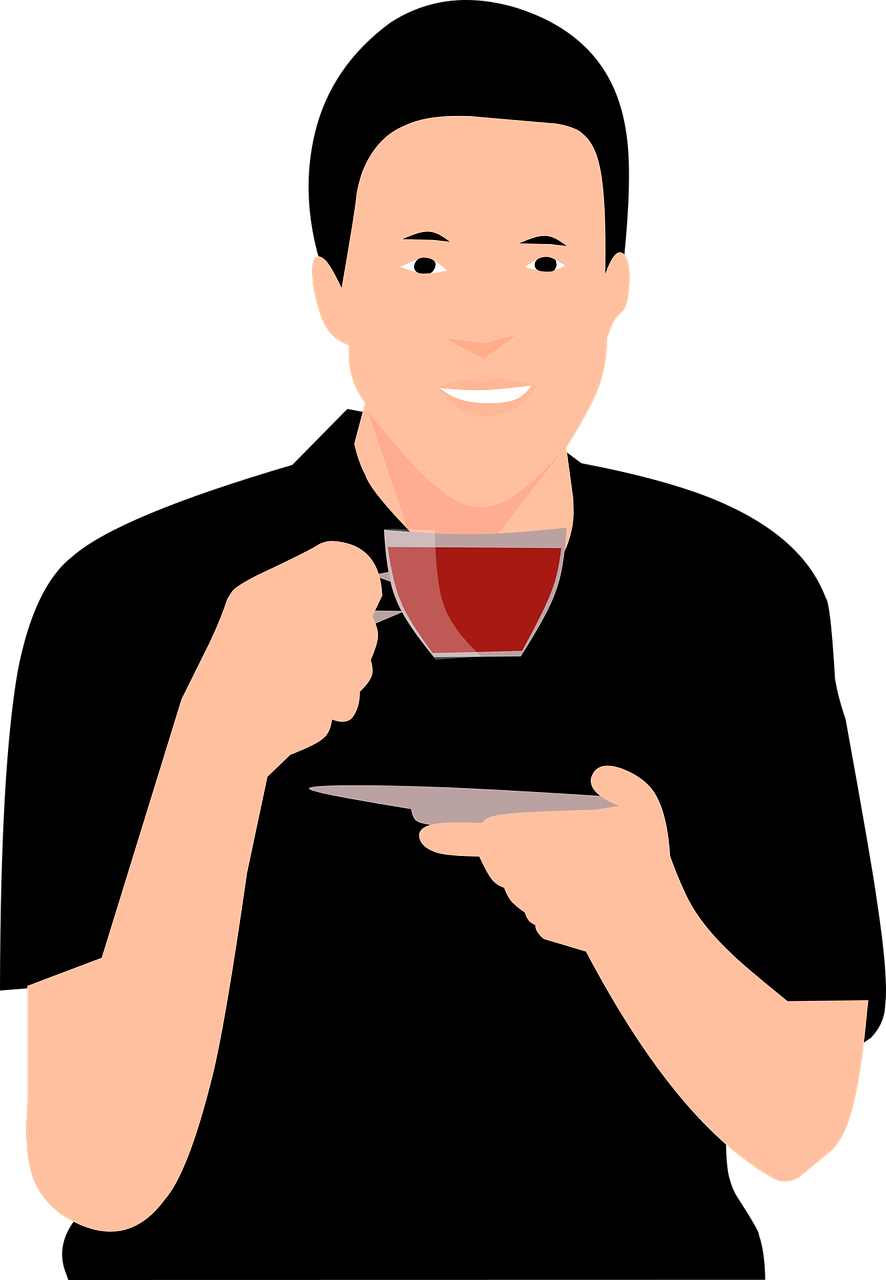
He drinks tea from a cup.He drinks tea from a cup. |
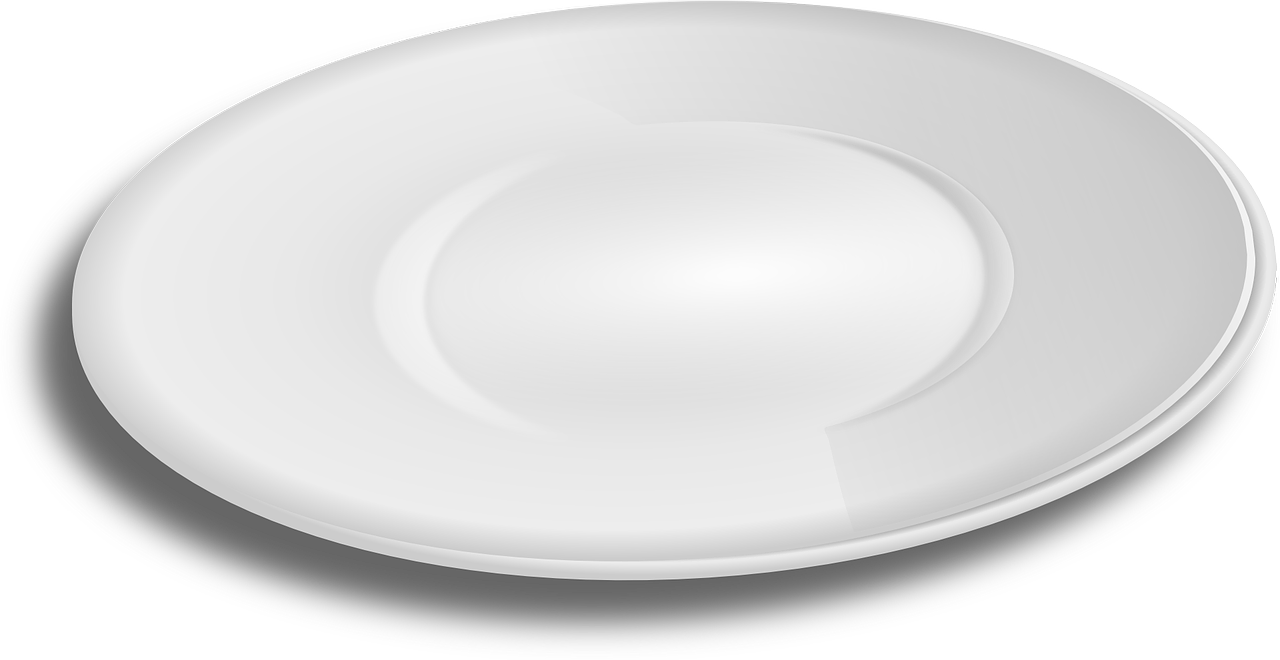
PlatePlate |
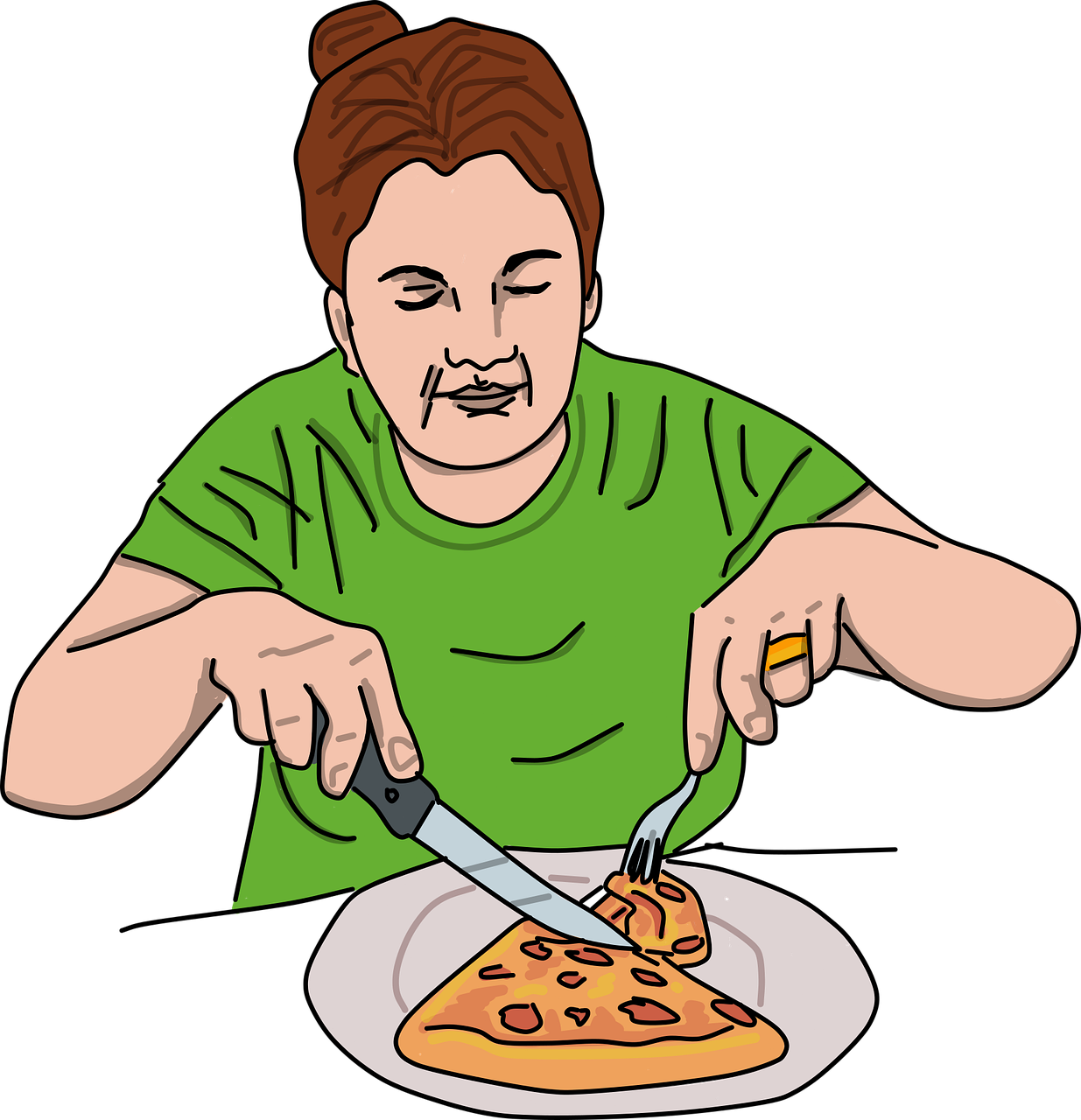
She eats food from a plate.She eats food from a plate. |
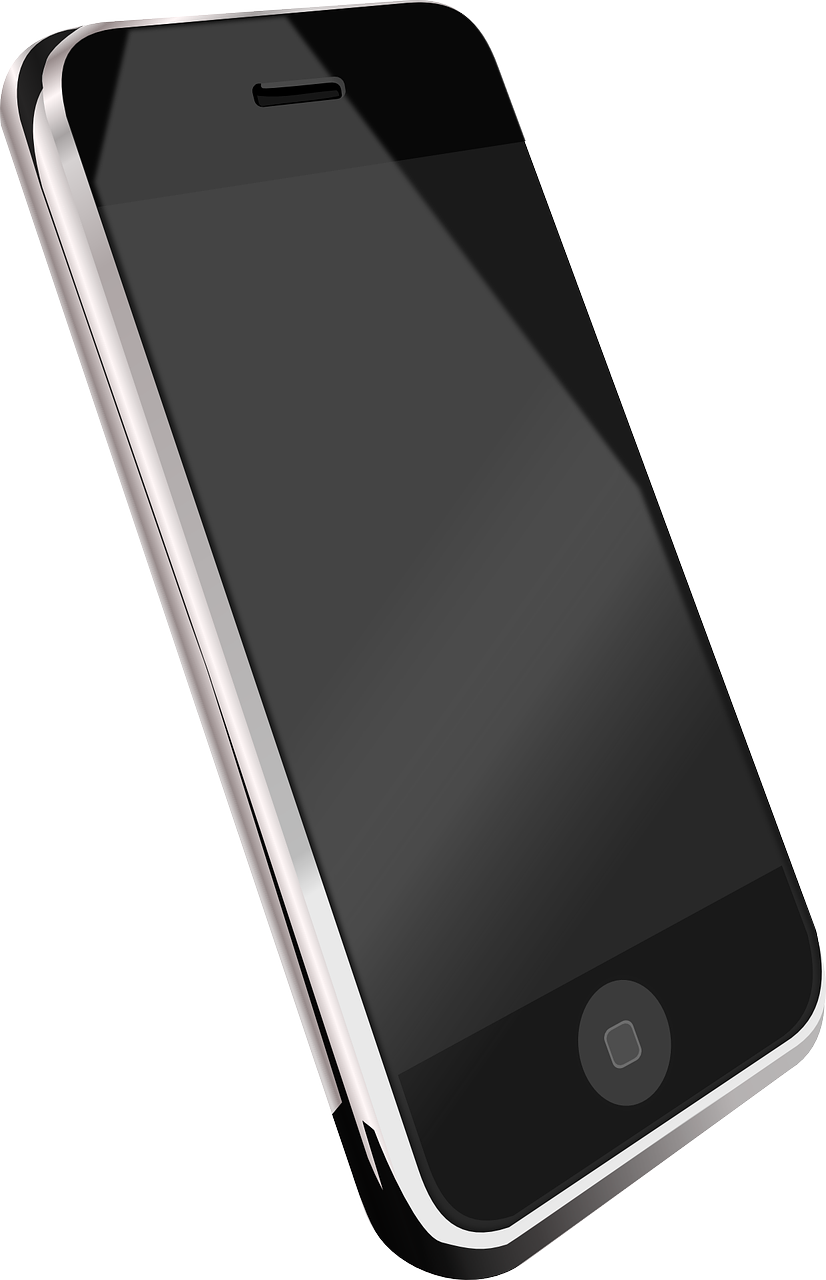
PhonePhone |

He talks on the phone.He talks on the phone. |

ComputerComputer |

She works on her computer.She works on her computer. |
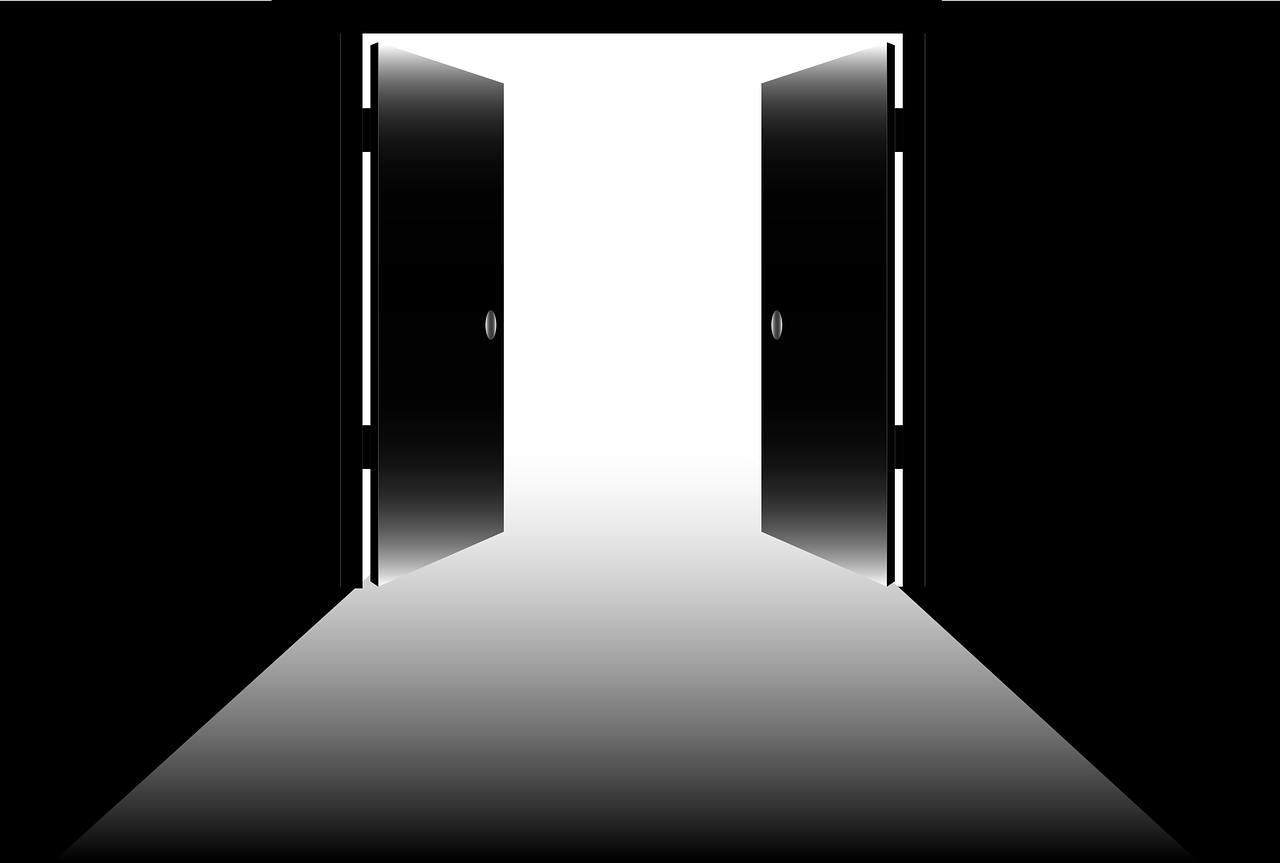
DoorDoor |

He opens the door.He opens the door. |
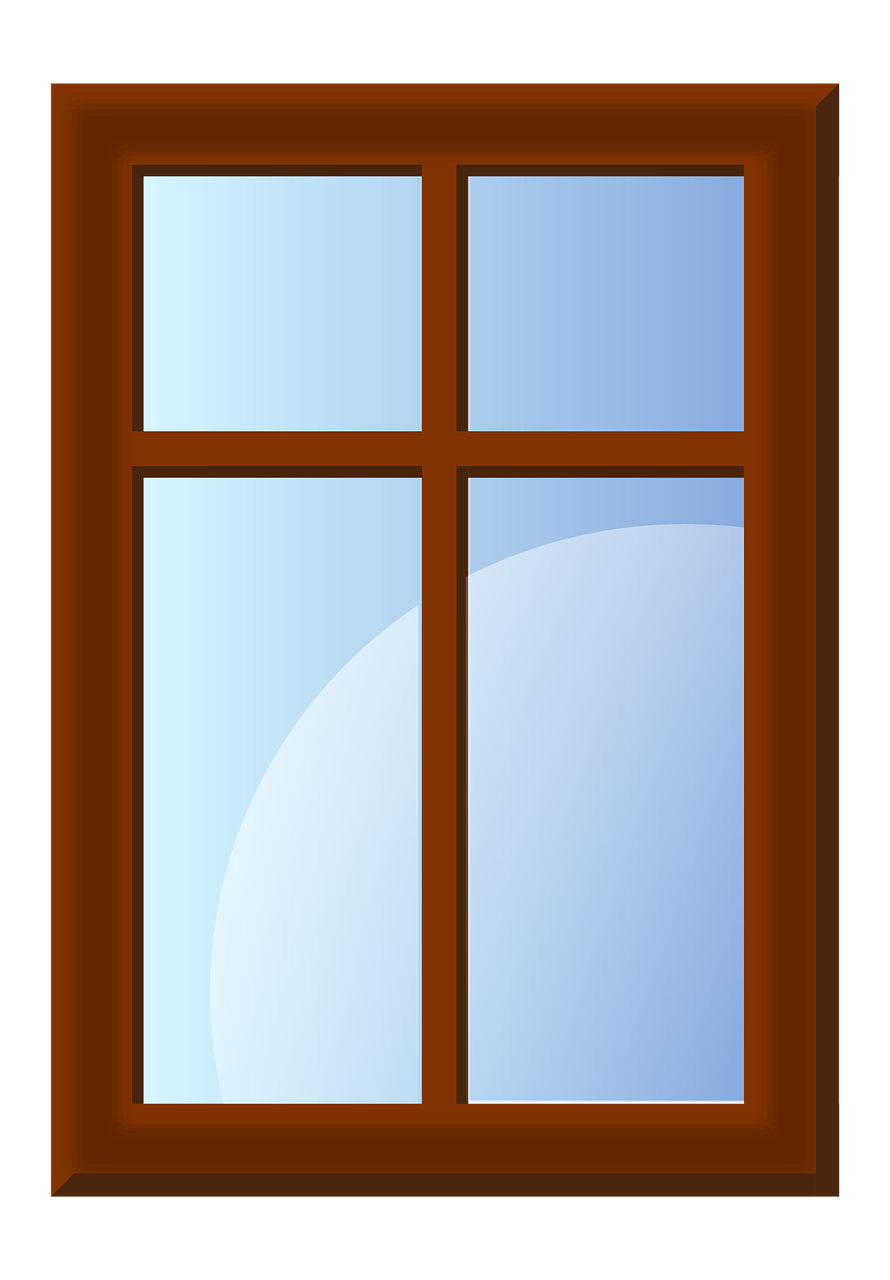
WindowWindow |
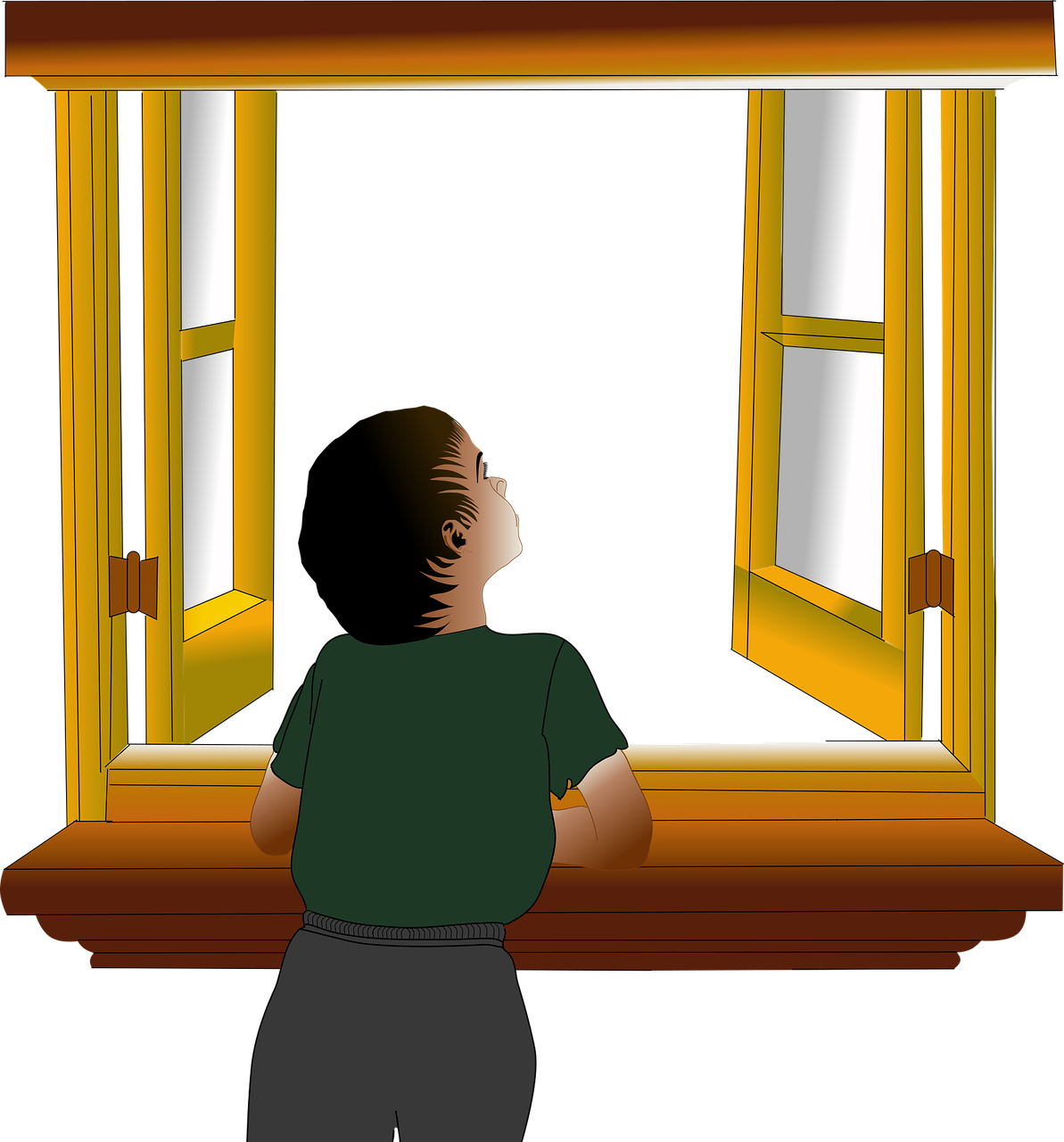
She looks out of the window.She looks out of the window. |
Q&A Section: Question: What do you sit on at the dining table?
Answer: Chair.
Question: What do you use to write with ink?
Answer: Pen.
Question: What device do you use to call your friends?
Answer: Phone.
Question: What do you use to carry your books?
Answer: Bag.
Question: What device do you watch shows and movies on?
Answer: Television.
Great job! You have now learned about common objects found in everyday life.
Practice using these words in your conversations to become more familiar with them.
Understanding common objects will help you describe your surroundings more effectively.